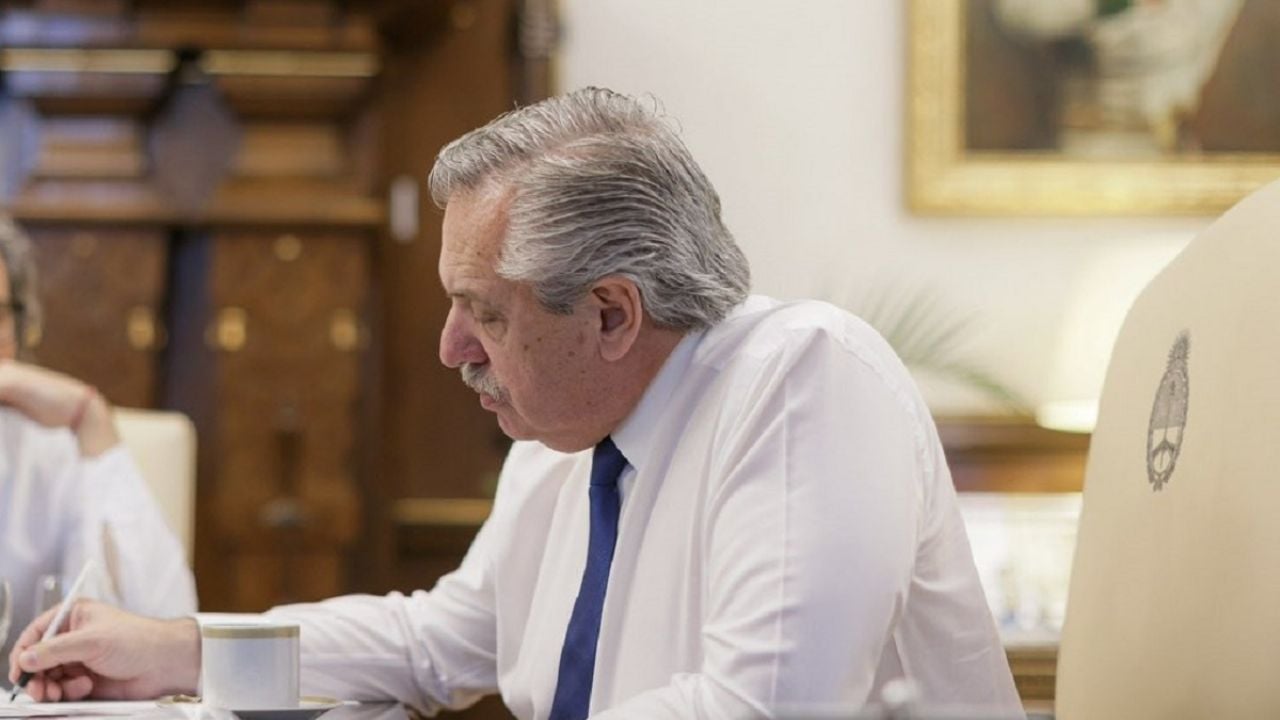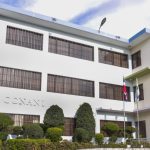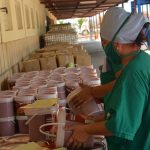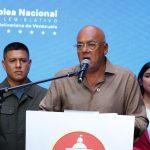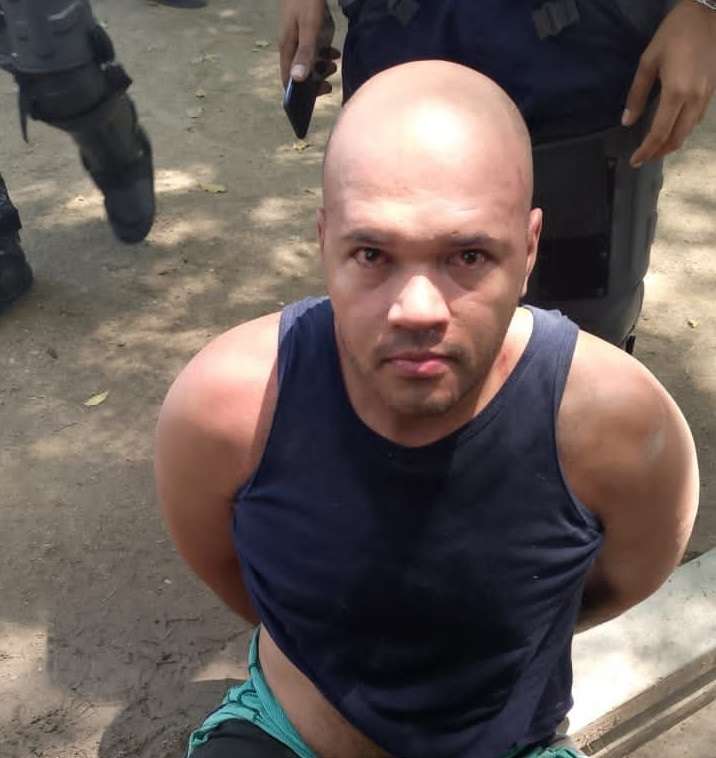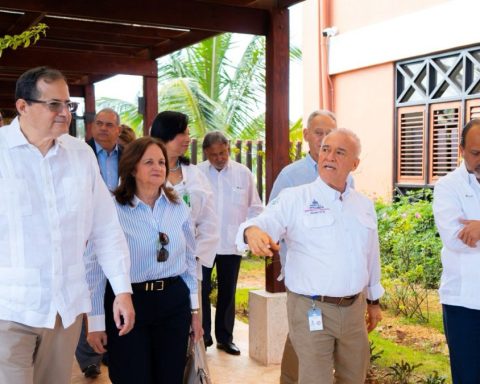The case of gender violence against the former Argentine president Alberto Fernandez has attracted public and media attention in recent weeks. The complaint was filed by Fabiola Yañez, who was his partner during his presidential term.
Yañez has provided new evidence and is working on a list of key witnesses to strengthen her case. Fabiola Yañez, a journalist and actress, began her relationship with Alberto Fernandez in 2014. According to her testimony, the episodes of violence began in 2016, two years after they began their relationship.
Yañez has stated that she suffered physical and psychological violence during her time living at the presidential residence in Olivos, especially after Fernández assumed the presidency in 2019.The complaint includes accusations of beatings, kicks and shaking, as well as “psychological terrorism” and telephone harassment.
Yañez has also stated that Fernandez forced her to have an abortion, which further aggravates the accusations against him. In an effort to strengthen her case, Yañez has presented new evidence to the court. This evidence includes photographs, audios and chats that document the alleged episodes of violence.

In addition, Yañez is working on a list of key witnesses who could provide crucial testimony for the case. Among the witnesses expected to testify are Yañez’s mother, close friends and former officials at the Olivos presidential residence.
One of the most anticipated testimonies is that of Daniel Rodríguez, mayor of Quinta de Olivos, who could provide detailed information about the events that occurred at the residence. The complaint has had a significant impact on public opinion and on Alberto Fernández’s political career.

Complaint
The former president has vehemently denied the accusations and has said he will prove his innocence in court. However, the case has sparked an intense debate about gender violence and abuse of power in Argentina.
The case has also affected Peronism, the political party to which he belongs. Alberto FernandezThe complaint has deepened internal divisions and further weakened the party’s position at a critical moment in Argentine politics.
